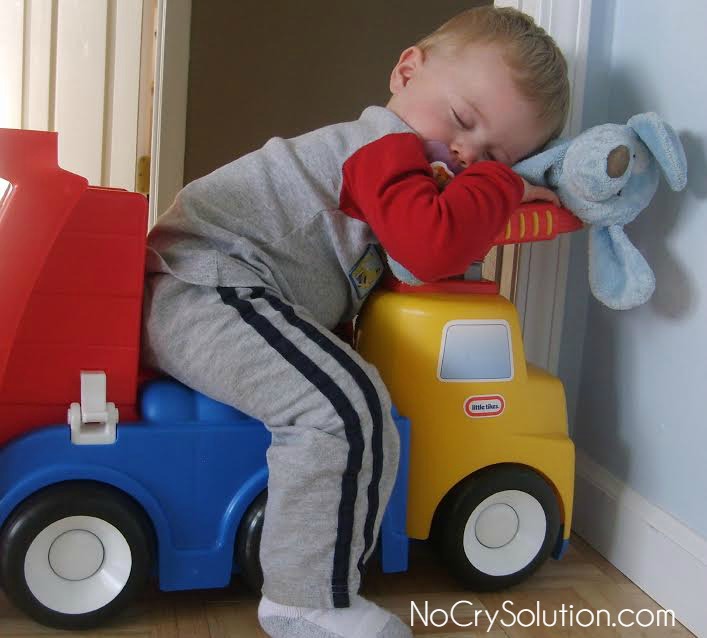
How to Tell if Your Child Still Needs a Nap
If you watch carefully, and if you know what to look for, you will be able to tell if your child needs a nap. There are three lists that follow to help you know what to watch for. The first helps you determine that your child does, indeed, need a daily nap. The second will tell you that your child is weaning from taking a nap every day, but on some days he still needs to sleep, and the third list tells you if your child is ready to give up daily naps, but would still benefit from a daily rest or quiet time.
Signs that your child needs a daily nap:
• Responds in a positive or neutral way to naptime and falls asleep easily
• Resists or fights the idea of a nap, but eventually falls asleep and sleeps an hour or longer
• Wakes up in the morning in a good mood, but gets whiny and cranky as the day progresses
• Has more patience early in the day, but is more easily aggravated later on
• Cries more often or more easily in the evening than she does early in the day
• Demonstrates coordination deterioration over the course of the day –begins falling down more, can’t manage a puzzle as well, has trouble pulling up his pants or tying his shoes
• Has an afternoon or early evening slump in energy, but gets a second wind later in the day
• Shows tired signs in the afternoon or early evening such as yawning, rubbing eyes, or looking slightly glazed
• Late in the day becomes wired up or hyper-active and won’t settle down easily
• Often falls asleep in the car or when watching a movie
• When he misses his nap, the night’s sleep that follows is more disrupted than usual
• Has a difficult time waking up in the morning, or wakes up grumpy and stays that way for a while
Signs that your child is weaning from daily naps; he needs a nap on some days, but just a rest period on other days:
• Usually has a consistent personality from morning until bedtime, but on very active days tends to become fussy in the evening
• Is generally in good spirits but can be overly grumpy or whiny on busy days or when his daily schedule is upset by visitors, playdates or errands
• When she is put in a dark, quiet room for a nap she often lies in bed a long time before falling asleep
• Seems to do alright missing one day’s nap, but after a few days of missing naps starts to become more whiny or cranky
• Usually goes to bed at a reasonable time and sleeps well all night long
Signs that your child no longer needs a daily nap, but still might benefit from a daily rest break:
• Has a consistent personality from morning until bedtime, even on busy days
• Is generally in good spirits, with normal ups and downs throughout the day
• Learns new things easily and has an appropriate attention span for his age
• Goes to bed at a reasonable time and sleeps well all night long
• When she is put in bed for a nap she rarely falls asleep
• On the days when he naps, he takes a long time to fall asleep that night, or goes to bed much later than usual, or wakes up earlier in the morning – yet is still cheerful
• Is typically healthy and doesn’t suffer from many colds or other ailments
• Generally wakes up on her own and in a pleasant mood
• Sleeps an adequate number of total sleep hours every night
Elizabeth Pantley is author of the bestselling book The No-Cry Sleep Solution and 8 other books in the No-Cry Solution series, which helps moms and dads through all key stages of parenting. http://nocrysolution.com



























